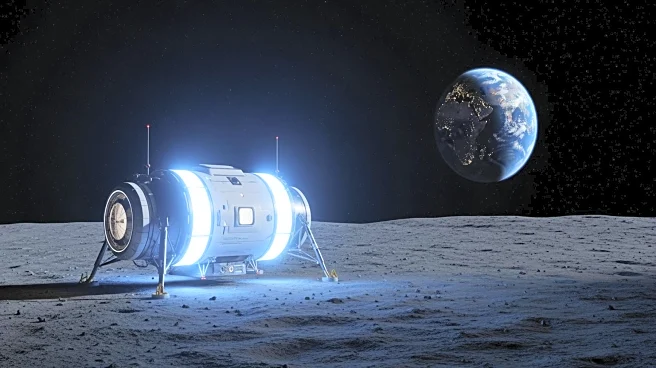What's Happening?
Aix-Marseille University in France is providing refuge to American scientists affected by significant funding cuts under the Trump administration. The university has launched the Safe Place for Science program, offering three years of dedicated funding to U.S. researchers whose work has been impacted by budget reductions and terminations. The initiative, led by university president Éric Berton, aims to support intellectual pursuits free from political interference. The program has received substantial interest, with 600 applications from scientists at prestigious U.S. institutions. The French government is also supporting the program, which is set to welcome 31 new scientists this fall.
Why It's Important?
The initiative highlights the challenges faced by U.S. scientists due to political decisions affecting research funding. The cuts have led to the termination of thousands of scientists and the defunding of key research initiatives. Aix-Marseille University's program underscores the global impact of these policies, as American researchers seek opportunities abroad to continue their work. This development could lead to a brain drain, affecting the U.S.'s position as a leader in scientific research and innovation. The program also reflects broader concerns about academic freedom and the politicization of science.
What's Next?
The program's success may encourage other international institutions to offer similar opportunities to U.S. scientists. Former French president François Hollande is working on legislation to create a new immigration status for scientific refugees, which could ease visa procedures for researchers and their families. This could further facilitate the relocation of American scientists to France, potentially leading to increased collaboration between U.S. and French research communities.
Beyond the Headlines
The situation represents a reversal of historical trends, where Europe once sought refuge in America during times of political instability. The program also raises ethical questions about the role of politics in scientific research and the importance of safeguarding academic freedom. It may prompt discussions on how countries can support displaced researchers and maintain global scientific collaboration.









